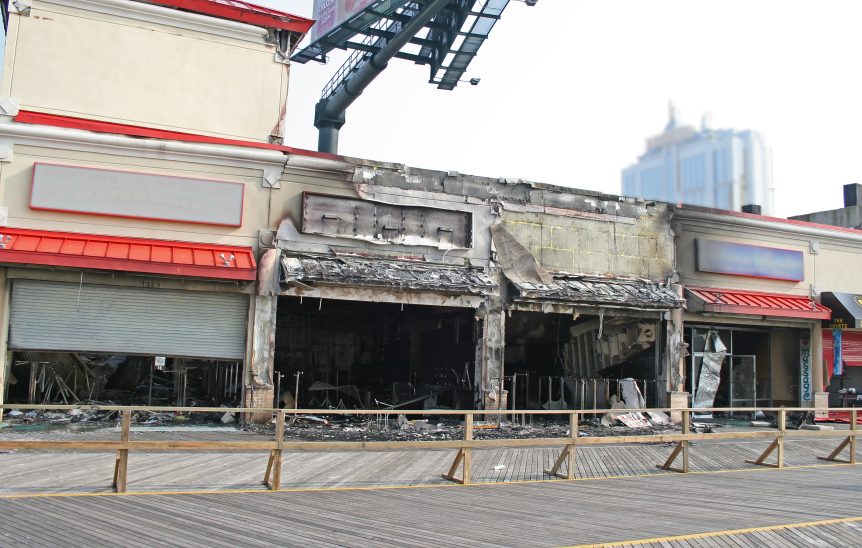What is an Underinsured Property?
Underinsured properties are those that have been insured for less than the actual value of the property. These types of claims can be very costly to reinsurers, as they may not be able to collect enough money from their insurers to cover all of their losses.
This is because when an insurer pays out on a claim, it must take into account its own deductible and any other limitations on coverage in order to determine how much money it will need from other sources (i.e., reinsurers). If an insurer has underinsured property coverage and pays out more than its policy allows, then there will be no additional funds available for payment by any other party involved in this type of claim
The Prevalence of Underinsured Properties
The prevalence of underinsured properties is a problem that affects all types of insurers, but reinsurers are particularly vulnerable because they often assume the risk for large portions of an insurance portfolio. When an accident occurs at an underinsured property, it can leave the insurer with no money to pay out claims or even go bankrupt itself. In fact, according to an article in Risk & Insurance, a recent report found that 68% of buildings appraised from 2020 to 2021 were underinsured by 25% or more; 19% were underinsured by 100%. This means that almost 90% were undervalued!
The Impact on Reinsurers
The impact on reinsurers is significant. Insurers are required to maintain adequate reserves to cover the risks they assume, so when an insured property suffers a loss that exceeds its policy limits, it can be difficult for insurers to pay out claims in full. The result is a financial strain or insolvency for the insurer and potentially large payouts from reinsurers who have guaranteed their customers’ obligations under policies with high deductibles.
Proper Valuation of Properties
Ensuring that properties are insured for their full value is an important part of the reinsurance process. Reinsurers need to know that they can be compensated if a property suffers a loss, or else they may not want to provide coverage.
To ensure accurate appraisals and underwriting, it’s important to work with a third party who has experience inspecting properties and understanding the risks associated with each one. A qualified inspector will conduct thorough inspections, including an analysis of the condition and age of building materials (such as roofs), electrical systems and plumbing lines; he’ll also take note of any potential hazards in your neighborhood–like nearby factories or railroads–that could affect your home’s safety during an emergency evacuation.
Conclusion
An insurance agent can help a property owner with their building valuation. Property owners should regularly perform property valuation assessments, known as insurance-to-value, to ensure that coverage amounts are enough to cover replacement costs at today’s prices.

